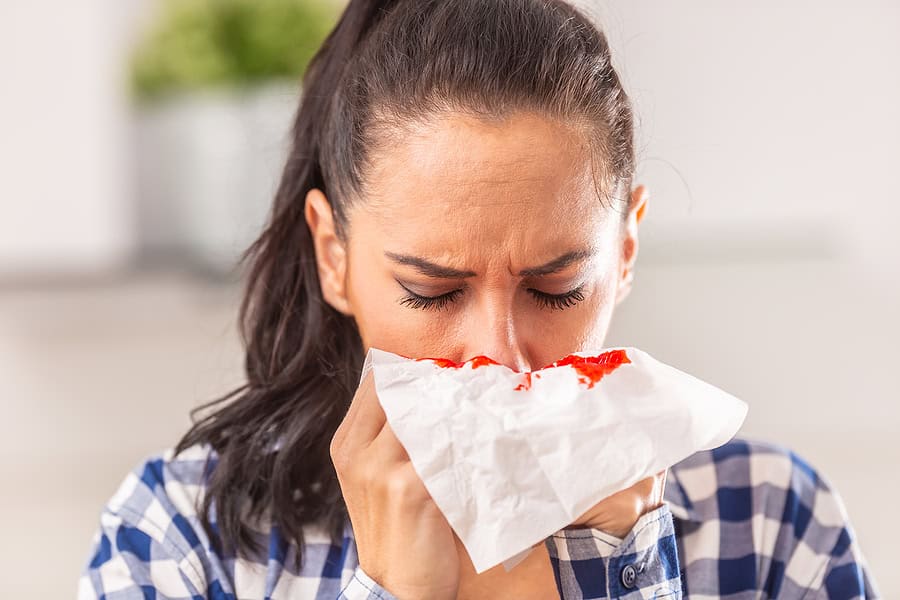Nose bleeds, also known as epistaxis, can be alarming for many people. When blood suddenly starts flowing from the nose, it raises questions about one’s underlying health conditions. Understanding what causes nose bleeds and what they signify can ease some concerns individuals may have.
Common Causes of Nose Bleeds
Nose bleeds have various causes, ranging from environmental to medical. Dry air is one of the most common culprits. During winter, heated indoor air can dry out the nose’s mucous membranes, making them more susceptible to bleeding. Also, high altitudes or climates with low humidity can have a similar effect.
Another significant factor includes nose injuries. A bump or blow to the face can cause blood vessels in the nose to break. Nose bleeds may arise from allergies or respiratory infections. These conditions can inflame and irritate nasal passages, increasing the likelihood of bleeding. Certain medications thin the blood, making bleeding easier and more frequent. These include aspirin, anticoagulants, and even some herbal supplements.
Health Conditions That Cause Nose Bleeds
While most nose bleeds are benign, they may occasionally indicate an underlying health condition. Individuals with high blood pressure might experience more frequent episodes, as the increased pressure can cause fragile blood vessels in the nose to rupture.
Liver disease can also cause frequent nose bleeds. The liver contributes to blood clotting factors, and any dysfunction may impact this process.
When to Seek Medical Advice
While occasional nose bleeds are common, knowing when to seek medical help is vital. If bleeding is frequent or occurs with other symptoms, such as easily bruising or prolonged bleeding from minor cuts, professional evaluation with an ENT is important. A professional should also assess nose bleeds that last longer than 20 minutes despite pressure.
Preventative Measures
Preventing nose bleeds can often be simple and effective. For those living in dry climates or during the winter months, using a humidifier can add moisture back into the air, easing the dryness in nasal passages. Additionally, saline nasal sprays can keep one’s nasal membranes moist, reducing the chance of bleeding.
Proper hydration is another critical preventative measure. Drinking plenty of fluids keeps the body—and nose—hydrated. Having a treatment plan to manage one’s symptoms can help those who suffer from allergies. Antihistamines, nasal sprays, and avoiding known allergens help keep any nasal inflammation under control.
For more information or if you are experiencing chronic nose bleeds, contact us for an appointment to get the help you need.

